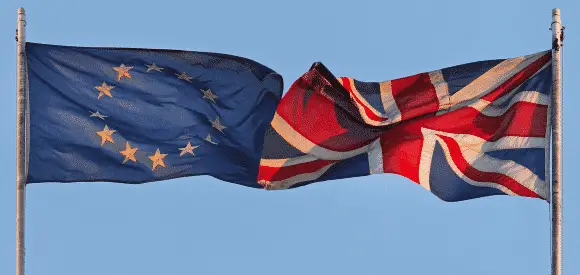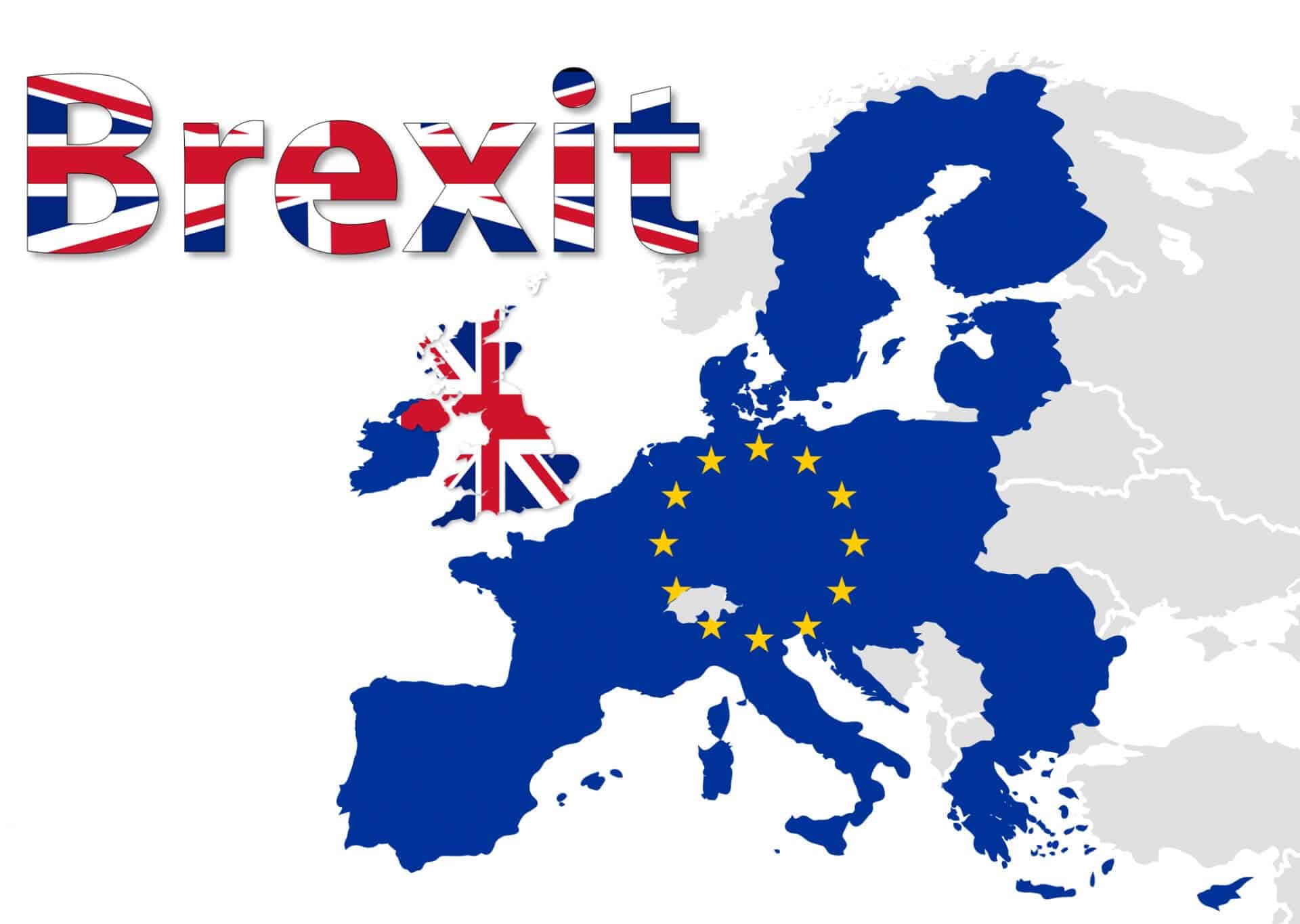
For the still unsure amongst us – A Brexit Argument
After writing our post on the Three Brexit Arguments, it seems that the person who wrote the below has either deleted or restricted access to the following post. We therefore copy and paste it as below: For the still unsure amongst us There seems to be a lot of misunderstanding about June 23rd, and people…
Read more







